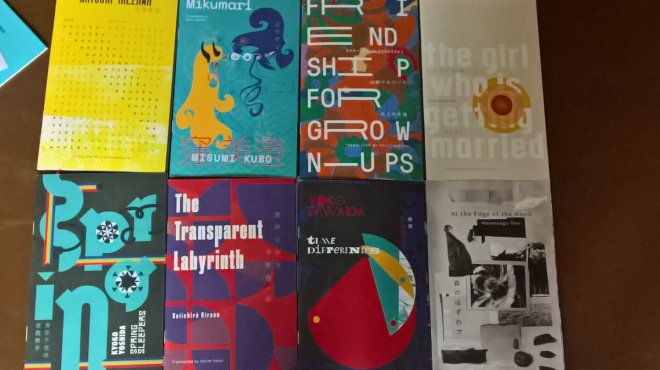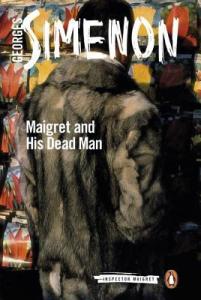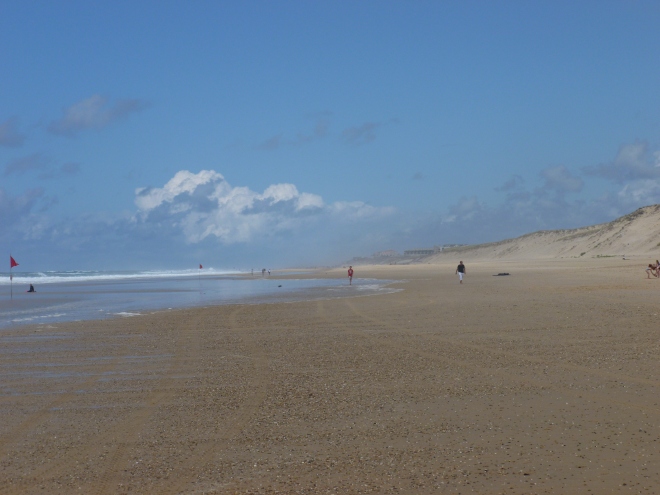Since we cannot holiday abroad for the time being, what better escapism than to travel via a couple of my 20 Books of Summer? These two books seem to work well as a compare and contrast: the first is a portrait of German holidaymakers coming to Britain in summer, while the other is of British holidaymakers going to a German-speaking country (Austria) in winter. The shadow of war hangs over both of these stories, although they are different wars, and never quite make it to the forefront. Still, I cannot help but wonder if there is a bit of political propaganda quietly involved in these books.
 Elizabeth von Arnim: The Caravaners
Elizabeth von Arnim: The Caravaners
The insufferable, pompous and completely self-absorbed Baron Otto von Ottringel, who is a major in the Prussian army, has decided to make the trip of a lifetime to celebrate his silver wedding anniversary. Actually, his first wife has died and he has only been married to his second wife for five years – but the overall number would be 25 years of married life for him, which is what counts. The plan was to go to Switzerland, but the baron is a bit stingy and cannot resist the temptation to go on a caravanning holiday in Kent instead. He finds the English contingent of his travel companions somewhat puzzling, and even the German ladies in the party seem to be succumbing to the spirit of freedom and frivolity. Otto heartily disapproves, of course, and is quite surprised to find that everyone cuts their month-long holiday short at the end of a week.
The Baron is a caricature of course, and, while some of this was probably a bit of a personal dig against the author’s aristocratic German ex-husband, it needs to be set in context. The novel was first published in 1909, when anti-German sentiment was running rampant in British society, for fear of Prussian militarism on the rise. Otto clearly feels superior to the ‘weak’ English, but soon proves himself incapable of helping out, finding wood, lighting a fire or even leading the horse-drawn caravan, and he very soon tires of the endless diet of boiled potatoes, as they struggle to find or cook anything edible outside, during one of the wettest summers on record.
Anyone who has struggled to enjoy camping or caravanning will delight in the comedy of the situation, perhaps even feel slightly sorry for the Baron. Of course, he will very quickly dispel any modicum of pity with his breathtaking lack of self-awareness and cruelty towards others, particularly his poor wife Edelgard.
Take away annoyances and worry, and I am as good-natured a man as you will find. More, I can enjoy anything, and am ready with a jest about almost anything. It is the knowledge that I am really so good-humoured that upsets me when Edelgard or other circumstances force me into a condition of vexation unnatural to me. I do not wish to be vexed. I do not wish ever to be disagreeable. And it is, I think downright wrong of people to force a human being who does not wish it to be so.
This book shows two countries that were once at war with each other now trying to repair the scars of the past. The narrative alternates between the ski resort of Lech in Austria and London in the early 1950s. A body is found burnt beyond recognition in a boarding house in London and there seem to be clues linking it to a merry ski party of eight men and eight women holidaying in the Austrian Alps. The Cold War was in full swing and the first of the Cambridge spies had defected to the Soviet Union just before the book was published in 1952. So it’s not surprising that there is a certain level of political paranoia in this book, as well as the brutally honest depiction of London as a city that is still struggling to return to normal after the war.
This contrasts with the beautiful, tranquil landscapes of Arlberg, the good humour of the holidaymakers and their light-hearted skiing and dancing exploits – until their holiday gets somewhat spoilt by some thievery. The author was clearly quite passionate about skiing, as are quite a few of her characters. Needless to say, this was the part of the book that I enjoyed most:
To the west and south the sky was blue behind the snow peaks, and the visibility had an intense quality, so that Kate felt helplessly that here was something you could not express in terms of paint. There was no gradation, no near and far, just a vast, crystalline clarity. To the east the sky was grey and great cloud banks were piling behind the mountains… Once again Kate realised that there was an element of terror in this mountain loveliness: the massing clouds and the snow slopes made the wooden houses seem puny.
So, if it’s escapism, holiday reading and vicarious travel that you are after, both of these books fit the bill: a comedy of manners and a neat little murder mystery, and in both cows and/or horses play a surprising key role. Two lesser known works by authors who were very popular in their time, but very much worth rediscovering.























